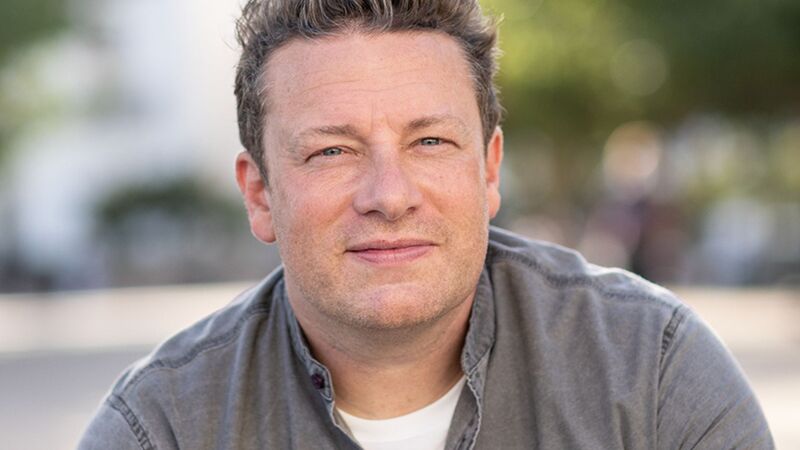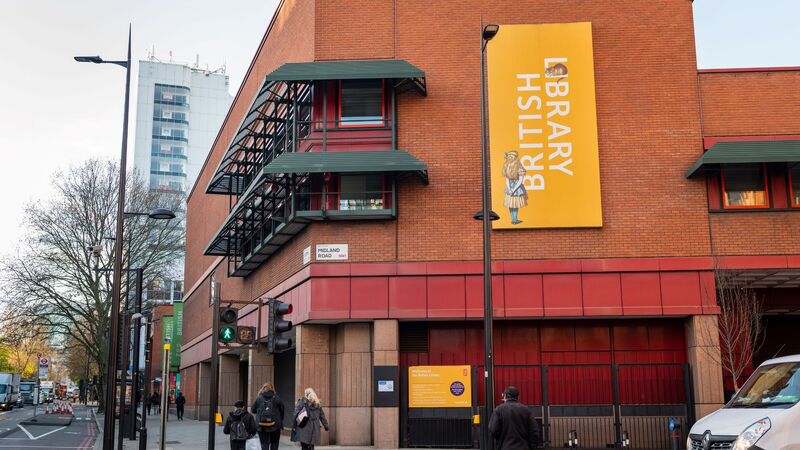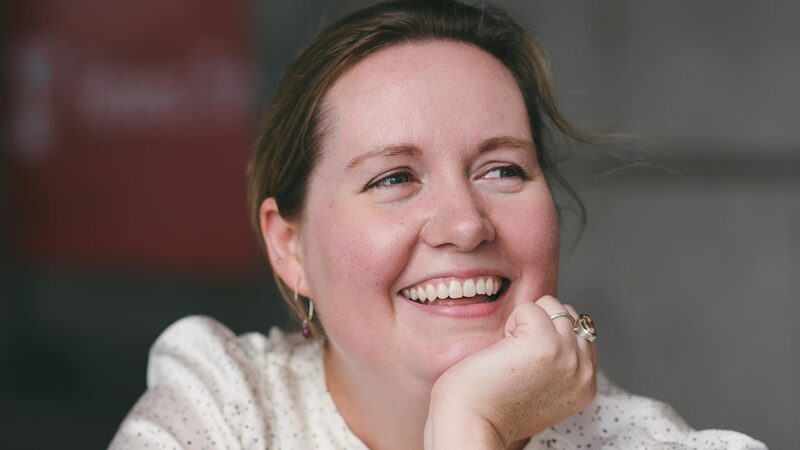You are viewing your 1 free article this month. Login to read more articles.
We need to talk about redundancy
It’s happened to me twice. Here’s what I’ve learned.
To paraphrase Lady Bracknell in Oscar Wilde’s The Importance of Being Earnest, "To lose one job, Ms Humphreys, may be regarded as a misfortune; to lose two looks like carelessness."
I don’t think I’ve been particularly careless and yet here I am: made redundant for the second time. The first time, in spring 2022, my daughter, then eight, kept asking how it felt to be redundant, as though it were me, not my role, that was no longer required. And although it’s officially always the role, never you, it doesn’t necessarily feel that way—which is why I wanted to write this, I suppose. We don’t talk about redundancy enough.
Until, perhaps, it happens to us.
Redundancy is not something I thought I’d go through once, let alone twice, but I have learned from my experience(s). And I’m not sure it’s a good thing per se, but it’s definitely been easier second time around, partly because I saw it was coming (although in retrospect, I should have guessed first time too) and partly because I’ve already been there, done that; I know how things work. And I know I got through it once, so can—hopefully—get through it again.
If you’re ever made redundant, you may be surprised at the number of people who tell you that they, too, have been there, done that. They will often follow up by saying it was the best thing that ever happened to them—and that’s great. But you won’t necessarily feel like that initially (or, indeed, ever) and that’s also okay.
First time around, I definitely didn’t feel like that to begin with, although it did eventually come to feel that way (and, yes, I have been guilty of saying those exact words—until I was made redundant for a second time, whereupon, suddenly, things didn’t seem quite so rosy, oddly enough). This time around, it’s still too early to tell, of course...
But going back two and a half years, and the first time it happened, it was about as far away from the best thing ever as it’s possible to be. Rather, I was blindsided, and cried a lot, including, embarrassingly, all the way through my first meeting with HR, my line manager, and her line manager, where they told me my role was at risk.
That’s the great thing about publishing: it’s a small(ish) world; other people can and will, gladly, help put the word out for you.
The funny thing—and I use the term loosely—was that I hadn’t been truly happy at work for a while, for a variety of reasons including lockdown. And yet despite this, I didn’t see being made redundant as an opportunity to start afresh; instead I felt like a failure and too old (at nearly 50, as I was then) to begin again. I suppose I’d not really thought about it but, if pressed, would have imagined leaving my job to be my decision, as it always had been previously; to have that taken out of my hands was, for me, unchartered—and terrifying—territory.
Second time around, I’ve been much more sanguine—I remember going into the meeting thinking here we go again—but still initially found myself feeling tearful at odd moments and, just as I had two years previously, worrying about my authors, and what it would mean for them. There’s also a strange interim period where colleagues, agents and authors don’t know, and you have to pretend it’s business as usual; that wasn’t easier this time, for what it’s worth.
There were, however, three things I found especially helpful in those early days, particularly first time around, where I felt it all so much more keenly.
The first was talking to friends and close colleagues who’d been through it; they offered advice and shoulders to cry on, and made me feel less alone. The latter for me was really important. I felt so bereft and useless; talking to others who’d been there, done that meant I didn’t have to pretend a bravery I didn’t feel but could be honest, and know they’d understand.
The second was keeping a diary. It’s not something I’d ever done before—and haven’t done since—but somehow putting my feelings down on paper helped. I only did it for a couple of weeks, but being able to read back what I’d written and see I was already starting to feel less lost definitely helped me.
And the final thing I did was give myself time. First time around, I needed to lick my wounds for a bit. Then my dad was very ill, so I decided to spend my days with him and not even think about work. (Of course, I had a settlement then, which helped, as I didn’t have to worry about how to pay the bills immediately.) Second time around, I’ve again given myself permission to wait and see.
That’s the great thing about publishing: it’s a small(ish) world; other people can and will, gladly, help put the word out for you. Last time, I ultimately decided I wanted another "proper" job; this time, I’ve decided to freelance—at least for now—and I’ve been so touched by the number of people (some of whom I’ve never actually met) who’ve dropped me a line to say they’ll mention my name/bear me in mind. Publishing is brilliant like that—so if redundancy ever happens to you, don’t be afraid to use it.
Of course, everyone’s different. Your experience won’t be the same as mine. But if it’s happened/is happening to you, please talk about it... Share your experience(s) with others. Not just the it-all-turned-out-brilliantly bits (although that’s important too), but the bits where you cried or had nightmares or thought about giving up on publishing. You can also message me privately, of course, if you’re not yet ready for a more public conversation. I can offer some—limited—advice, and a shoulder to cry on. And I promise not to tell you it will be the best thing that ever happened to you. Although—who knows—perhaps it will be. Eventually.




















